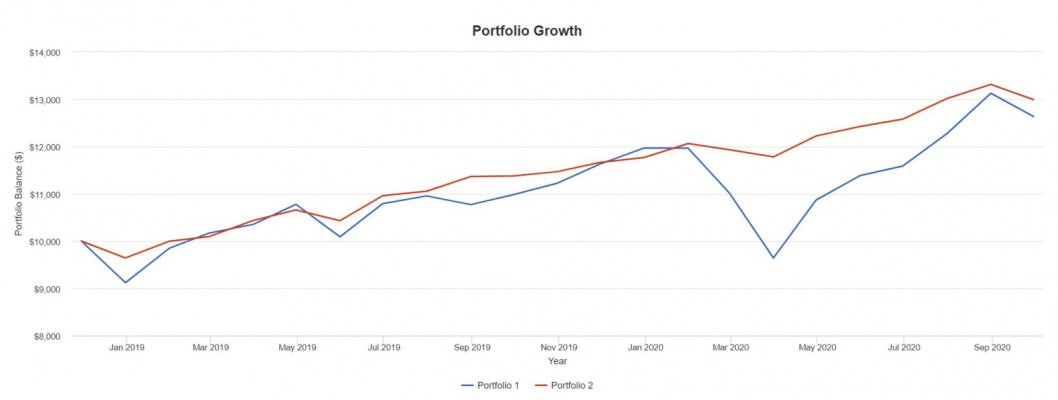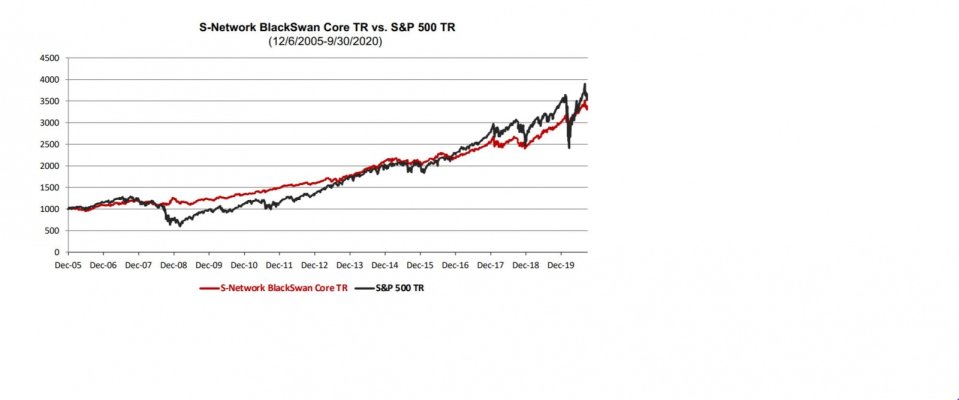Love This Community
Recycles dryer sheets
Hello ER guru’s
I’m thinking of building my after tax brokerage account with E*TRADE and want to keep a simple approach of monthly transfers from my bank account to brokerage account. Goal is to DCA around 50K over 6 months or 1 year that is currently in cash (not needed for at least 7 years)
I would like to have 100% invested in stocks. Any recommendations for a good ticker with low expense ratio? I was thinking about VTSAX 60% and similar admiral shares for total international stocks 40%.
I am also open to any other recommendations. Please let me know if I can provide any additional information.
Additional info: I have about 20% of my current after tax brokerage account investment in VOO(15%) and SPY (5%)
Already maxing our 401K accounts
As always, thank you for your help and insights!
I’m thinking of building my after tax brokerage account with E*TRADE and want to keep a simple approach of monthly transfers from my bank account to brokerage account. Goal is to DCA around 50K over 6 months or 1 year that is currently in cash (not needed for at least 7 years)
I would like to have 100% invested in stocks. Any recommendations for a good ticker with low expense ratio? I was thinking about VTSAX 60% and similar admiral shares for total international stocks 40%.
I am also open to any other recommendations. Please let me know if I can provide any additional information.
Additional info: I have about 20% of my current after tax brokerage account investment in VOO(15%) and SPY (5%)
Already maxing our 401K accounts
As always, thank you for your help and insights!
Last edited:


